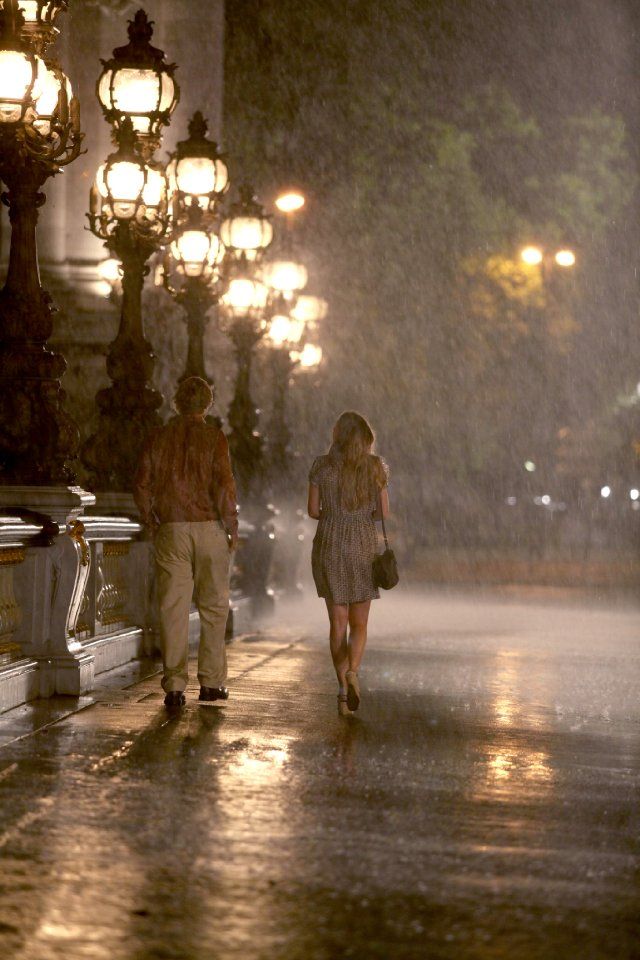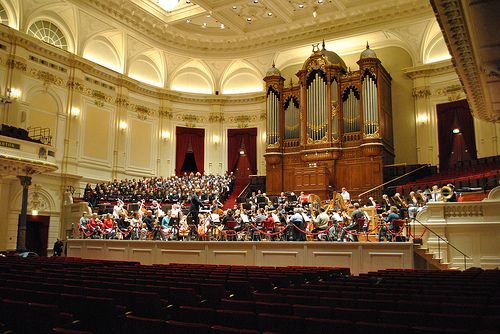In my house are many mansions, a teacher of mankind said; and in the Formerly United States are many nations.
All around you are subcultures you know not of. These subcultures, nations in their own right, might include your co-workers or the person ahead of you in the checkout line at the grocery or even your friends.
Shortly after moving to Tucson in the late '90s I took an unofficial (no credits toward anything worldly) course in some aspect of spiritual growth, I can't remember now what. The woman who taught it lived and taught in a mobile home in the center of the city. Tucson is like that.
I was curious to get her impressions of the city, as she'd lived there awhile and I was new to it. The part of her answer I recall went something like this: "You've got survivalists who are storing goods and ammunition for Armageddon, and you've got spiritual seekers who meditate and wouldn't go near a steak. And neither group has the slightest notion they're living next to the other." That's probably how it is in your neck of the woods also.
Okay, let's talk about the meditation nation.
It takes a lot of nerve to write anything about mediation. It's esoteric. Those who know don't speak, those who speak don't know and all that. It takes a lifetime or a carton of lifetimes to understand. You need a guru, an expert to lead you.
Well I'm no guru and no expert. I'll tell you what I know or think I know. My only qualification for saying anything about meditation is that I've been doing it more or less regularly for 25 years. Full disclosure: "more or less regularly" means once or more almost every week. Not every day. According to the Meditation Rulebook, I'm off the team.
So I defer with all due respect to the experts. Except I can't quite figure out who they are.
I've read about spiritual growth for 40 years. I've met mediation teachers, gurus even. And I'm still not sure who's an expert.
It's relatively easy to determine who knows where it's at concerning fields of study related to the physical world. Medical boards are probably pretty good deciding who in their specialty is up on the state of play. Likewise whoever administers rites of the legal profession. University departments can get a handle on who knows their subject and who has the proper politically correct opinions.
But in the realm of metaphysics, what is the test? By their fruits you shall know them, I guess, but how do you determine the fruits of the teachings of a speaker on the lecture platform or the author of a book?
First things first. Why meditate at all? It is said to be good for your health, that it will make you as calm as a cow, improve your mood and your thinking, etc. Some meditation teachers leave it at that. They belong to the "seduction" school -- attract students by offering practical rewards, in the belief that meditating will gradually lead to a desire for more spiritual ends. I think this violates truth-in-advertising standards.
The ultimate aim as far as I'm concerned is to discover new and higher levels of reality. Not just new realities -- if people have their wits about them, they encounter new realities every day -- new levels of reality. You can call these increasingly spiritual realms, but you don't have to call them anything. The experience, not the label, matters.
If you read 20 books on meditation, or sit at the feet of 20 teachers, you will be given approximately 20 different sets of instructions. You will go mad if you take them all as literal and absolute.
The closest to a common denominator in meditation branding is to concentrate on something, ignoring stray thoughts and feelings. Concentrate on what? You have a wide range of choices. A mantra. Your breathing. A Tibetan mandala. A Zen koan. The image of Jesus or another revered figure. The space between your eyes. One hand clapping. And so on, and on. Some teachers say particular words have spiritual resonance. A few naughty people suggest there's not a dime's difference what you concentrate on; you could recite a series from a random-number generator.
But you have to start somewhere. Probably the best choice is one that appeals to you. If repeating a Sanskrit phrase, however holy it may once have been to devotees in India, bores you stiff then it's not a good technique for you. (It may be ideal for someone else.) A serious meditation discipline is likely to take a lot of your time and psychic energy, so you might as well not handicap yourself with a "target" that puts you off.
There's a basic problem with concentration: you can't do it. Probably not for a long time, then only at odd moments.
Your mind -- the part of it you're acquainted with -- has almost no such experience. It's like learning any skill starting from a baseline of zero. And your lower or practical mind resists the discipline as if it's a cranky child. Before you know it, again and again, you're wandering off the object of concentration. (Some teachers make a big deal about a supposed difference between concentration and meditation. To me it's a verbal quibble not worth bothering about.)
Persist.
What happens after that, I have no business in saying. It is unique to each person and at best almost impossible to describe. But let me mention a couple of tendencies that can hang you up, based on my own experience, that I believe almost any long-time meditator would acknowledge.
Concentration is more a matter of letting go than forcing anything. If you're working hard at it, struggling, pushing, making demands on yourself, actively resisting distractions, all that goes against the spirit of meditation. This is a gentle path.
Second, catch yourself when the urge strikes you (probably often) to monitor your "progress" while meditating. This is when you seem to be stepping outside your concentration and asking with your ordinary consciousness, "How'm I doing?" Thinking about meditating is not meditating.
My practice has convinced me that the key to meditating is aspiration. You have to really want to know your mind and reality better. Given the commitment involved, I wouldn't start on the journey because you think you ought to meditate. If your desire is sincere, you won't be held back by technical errors. (Moral lapses are something else.) Guides in the non-physical realms will see that you get any help you need.
Finally, don't believe a word I've written here -- at least, not because I've written it. Trust God. Trust yourself. Trust God in yourself.


















